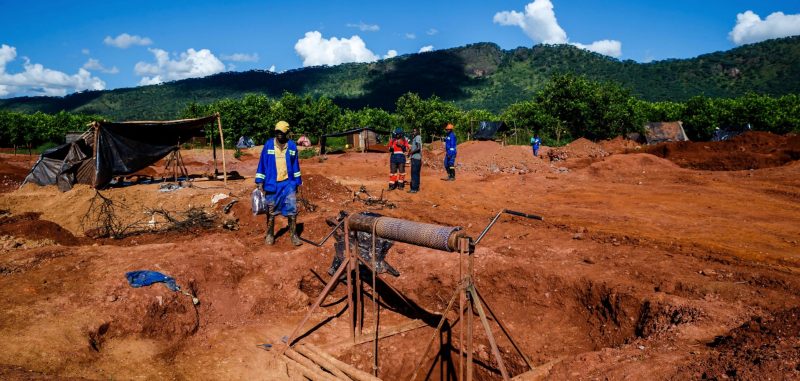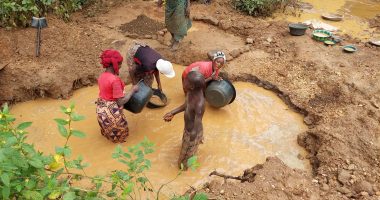A two-day workshop dedicated to promoting responsible mining practices in Zimbabwe concluded yesterday at the Holiday Inn in Mutare, with stakeholders agreeing on the urgent need for improved transparency and Environmental, Social and Governance (ESG) compliance across the industry.
Organised by the Chamber of Mines of Zimbabwe in collaboration with Silveira House and funded by DAI, the event brought together representatives from the mining industry, community leaders, and groups such as the Gwanda Community Share Ownership Trust (CSOT).
The central aim of the workshop was to develop voluntary ESG guidelines to support more sustainable and accountable mining operations in the country.
During the event, participants engaged in open dialogue, exchanging experiences and exploring strategies to better align mining practices with environmental protection, community wellbeing, and social justice.
A senior official from the Ministry of Mines and Mining Development underscored the significance of collaborative approaches to mining governance.

“Collaboration among government, mining companies, and communities is essential for sustainable mining and mutual benefit,” the official said.
Caleb Nkala, Chief Executive Officer of the Gwanda CSOT, echoed this sentiment, stating: “This workshop is a significant step towards fostering responsible mining practices. By developing these ESG guidelines together, we ensure that the voices of all stakeholders are heard.”
The call for transparent and voluntary ESG reporting emerged as a key theme, with Zandile Mvududu, Projects Manager at Silveira House, stressing its importance for building trust.
“Voluntary reporting will not only enhance accountability but also build trust between mining companies and the communities they operate in,” she said, noting that transparency is critical for addressing grievances and strengthening community relations.
Community representatives, particularly from areas previously affected by mining operations, voiced concerns about environmental damage and loss of livelihoods. They called for stricter regulations and more inclusive decision-making.
“We hope these guidelines will lead to meaningful changes that benefit both the industry and the communities,” said a community leader from Marange.
Outcomes from the workshop will be compiled into a detailed report to serve as a framework for developing industry-wide ESG standards. The Chamber of Mines of Zimbabwe plans to present the proposed guidelines to the broader mining sector in the coming months, as part of efforts to promote responsible and sustainable mining practices nationwide.











